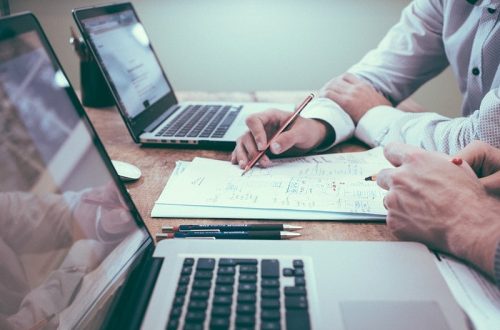Unexpected expenses can happen at any time, whether it is a costly auto repair, a burst water pipe or a trip to the emergency department. An emergency fund will help you to manage unexpected expenses. Many Americans do not have enough money in their bank account to cover an emergency. It’s important to build an emergency fund if you are in this category.
We understand that building an emergency fund is difficult if your finances are struggling, and especially if debt is involved. Lendah has helped thousands of people pay off debts and cover unexpected expenses. This article will show you how to create an emergency fund, and how to cover unexpected expenses without it.
Why do I need an emergency fund?
A financial emergency fund is vital to your overall health. You’re more likely to incur high-interest loans if you don’t have an emergency fund. Even if you have insurance, unexpected events like a car crash, medical emergency or damage to your house can be costly. You could be in serious financial trouble if you lose your income and do not have an emergency savings fund to fall back on.
How much money do I need in my emergency fund?
Idealy, an emergency fund should be able to cover 3 to 6 months’ worth of essential costs, such as housing, utilities and food. Saving three months of expenses can seem impossible if you are struggling with debt or have a low income. Focus on a smaller goal at first and save more over time. Even $500 or $1,000 can be used to cover an anticipated expense.
How do I build an emergency fund?
It’s not difficult to build an emergency fund, but it takes time, patience and discipline. Start by following these simple steps.
- Reviewing your budget is the first step in building an emergency fund. Start by calculating how much money you can put aside each month for an emergency fund. Then, find any costs that you could reduce or eliminate to make it possible for you to contribute more.
- Speak to your bank and ask them how you can split your direct deposit, so that each pay period a certain portion of your income will be automatically deposited in your emergency savings account. Ask your bank for help setting up an automatic monthly savings transfer if you are not paid by direct deposit. You can also look at apps that will do this.
- Save as much money as possible. Any additional income such as side hustle money, bonus checks, refunds, or unexpected bonuses should be put into your emergency savings.
- Consolidate debts to increase your monthly budget. Consolidating debts could reduce your monthly payments and allow you to contribute more to your emergency fund. Find out more about consolidating debt.
- As your budget permits, increase the amount you save every month. Continue to save until you reach the goal of your emergency fund.
How can I pay for unexpected expenses without an emergency fund?
Emergency situations and unexpected expenses may occur at any time. You may need money now if you are experiencing financial difficulties. An unsecured loan is the best solution. Unsecured loans can be a good option for unexpected large expenses or financial emergencies. They don’t require collateral and have lower interest rates.





